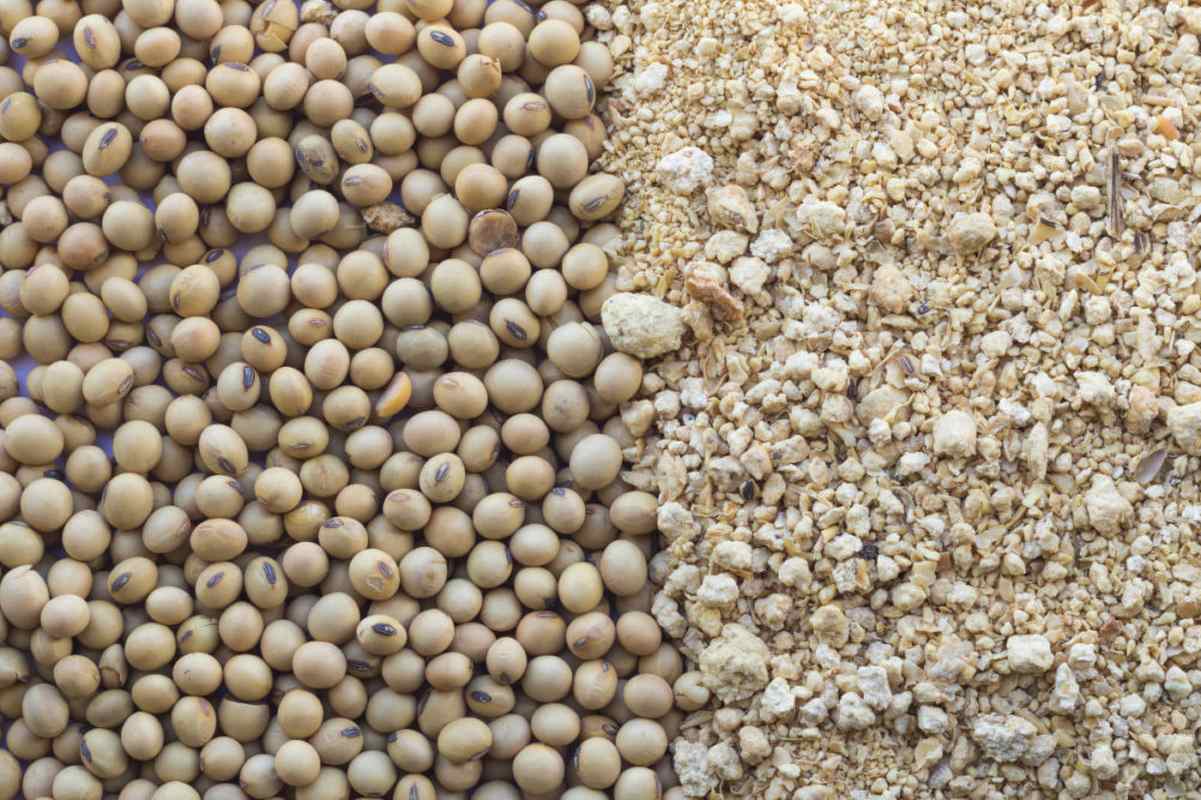 (Author: Khaleda Islam, Professor & Director, Institute of Nutrition and Food Science, University of Dhaka & a staunch supporter of the Right To Protein campaign)
(Author: Khaleda Islam, Professor & Director, Institute of Nutrition and Food Science, University of Dhaka & a staunch supporter of the Right To Protein campaign)
As we celebrate World Environment Day, it is crucial to shed light on sustainable dietary choices that promote both our health and the well-being of the planet. In this regard, soy protein emerges as a remarkable solution, offering numerous benefits for individuals and the environment. With a focus on Bangladesh, a country grappling with health concerns and environmental challenges, let us explore how soy protein can serve as a win-win solution for health and sustainability.
Health Benefits of Soy Protein
Soy protein, derived from soybeans, is a complete protein containing all essential amino acids required for our bodies’ optimal functioning. Incorporating soy protein into our diets can contribute to various health benefits:
- Heart Health: Soy protein has been scientifically proven to lower LDL cholesterol levels, reducing the risk of heart disease and stroke. In a country like Bangladesh, where cardiovascular diseases are prevalent, the inclusion of soy protein in diets can significantly improve public health[1]
- Weight Management: Soy protein is a valuable tool for weight management due to its high protein content and ability to induce a feeling of fullness. With the growing obesity rates in Bangladesh, adopting soy protein as part of a balanced diet can help combat this issue[2]
- Diabetes Control: Soy protein has shown promise in managing blood sugar levels and insulin resistance. Considering the rising prevalence of diabetes in Bangladesh, integrating soy protein into the diet can play a vital role in preventing and managing this chronic condition
Sustainability Benefits of Soy Protein
Beyond its health advantages, soy protein is also an environmentally sustainable option:
- Land Conservation: Soybeans require less land compared to animal agriculture, making them an efficient protein source.[3] This characteristic is crucial in Bangladesh, where limited arable land is already under immense pressure due to a growing population
- Water Efficiency: Producing soy protein or any other plant protein requires considerably less water compared to animal-based protein sources.[4] By embracing soy protein, Bangladesh can alleviate the strain on its water resources, fostering sustainability
- Lower Greenhouse Gas Emissions: Soy protein production generates fewer greenhouse gas emissions compared to livestock farming.[5] Incorporating soy protein into our diets can help reduce Bangladesh’s carbon footprint and contribute to global efforts to combat climate change.
Promoting Soy Protein in Bangladesh
To maximize the benefits of soy protein for both health and sustainability, several initiatives can be undertaken in Bangladesh:
- Public Awareness Campaigns: Launching educational campaigns to raise awareness about the benefits of soy protein and its role in sustainable diets can encourage its adoption at the individual and community levels
- Importing Soybeans: The consumption of soy protein has been steadily increasing in Bangladesh, with a growth rate of 8.4% from 2017 till date.[6] A reflection of this growth can be seen in the total volume of soybean seeds imported in 2020. In a span of one year, the import of soybean seeds rose from 1.3 million metric tonnes to 2.5 million metric tonnes (around a 92% increase) due to the growing capacity and demand from the leading crush players in the industry. The reason for this increased interest in the soy-crushing sector is the fact that soybean seeds can be crushed to give two main outputs: crude oil and soy meal, which is a major animal feed ingredient. As such, the soy crush then caters to 2 different markets: oil and feed.[7] That said, ensuring sustainable soybean imports requires a multi-faceted approach that balances the nutritional needs of the population with environmental responsibility. With a collective effort from the government, industry stakeholders, and consumers, Bangladesh can and is embracing sustainable soybean imports and contributing to the preservation of the environment while meeting the nutritional requirements of its people
- Culinary Innovation: Promoting the development of delicious and culturally relevant soy-based recipes can entice people to include soy protein in their diets, facilitating its widespread acceptance
On this World Environment Day, let us recognize the potential of soy protein as a win-win solution for both health and sustainability in Bangladesh by embracing it and thereby improving public health outcomes, combating chronic diseases, and contributing to environmental conservation efforts. Through education, support for local farmers, and culinary innovation, Bangladesh can harness the benefits of soy protein and create a brighter, sustainable future for its people and the planet.
[1] Prevalence of cardiovascular disease among Bangladeshi adult population: a systematic review and meta-analysis of the studies
[2] Role of Dietary Soy Protein in Obesity
[3] Soybean and Sustainable Agriculture for Food Security
[4] Sustaining Protein Nutrition Through Plant-Based Foods
[5] SOY AND GREENHOUSE GAS EMISSIONS
[6] Food – Bangladesh: Statista Report
[7] Edible Oil and Soybean Crush Industry: Prospects in Bangladesh
 Agrinews24 কৃষির সাথে, কৃষকের পাশে
Agrinews24 কৃষির সাথে, কৃষকের পাশে





















